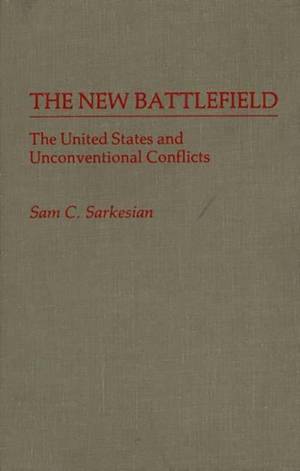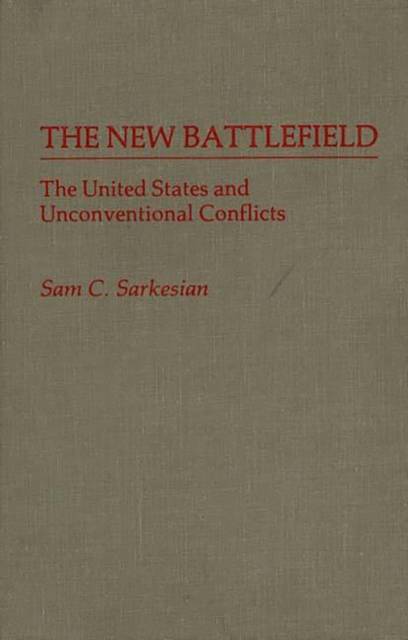
- Afhalen na 1 uur in een winkel met voorraad
- Gratis thuislevering in België vanaf € 30
- Ruim aanbod met 7 miljoen producten
- Afhalen na 1 uur in een winkel met voorraad
- Gratis thuislevering in België vanaf € 30
- Ruim aanbod met 7 miljoen producten
Zoeken
€ 169,95
+ 339 punten
Omschrijving
One of the most controversial aspects of United States foreign policy centers about its response to unconventional conflict--that is, revolutions, counterrevolutions, and terrorism--in and from a number of Third World countries. Examining the current U.S. political-military posture, this critical study assesses the challenges posed to open systems by these conflicts and proposes guidelines for creating a more effective U.S. response. The author first explores the nature of unconventional conflicts, then turns to the U.S. response to the challenges unconditional conflicts present. Urging the need for a new realism based on a more accurate picture of present political conditions and U.S. interests, he concludes with a series of suggested guidelines for designing U.S. policy, strategy, doctrine and organizational strategies as a means of developing a more viable approach to the challenges of contemporary military and political conflict.
Specificaties
Betrokkenen
- Auteur(s):
- Uitgeverij:
Inhoud
- Aantal bladzijden:
- 366
- Taal:
- Engels
- Reeks:
- Reeksnummer:
- nr. 54
Eigenschappen
- Productcode (EAN):
- 9780313248900
- Verschijningsdatum:
- 18/11/1986
- Uitvoering:
- Hardcover
- Formaat:
- Genaaid
- Afmetingen:
- 147 mm x 215 mm
- Gewicht:
- 621 g

Alleen bij Standaard Boekhandel
+ 339 punten op je klantenkaart van Standaard Boekhandel
Beoordelingen
We publiceren alleen reviews die voldoen aan de voorwaarden voor reviews. Bekijk onze voorwaarden voor reviews.







